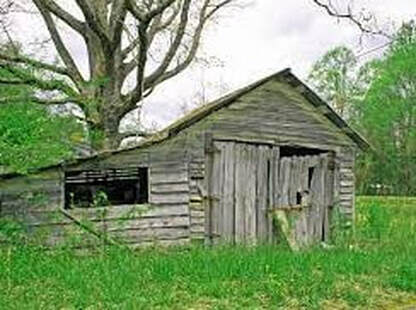
In ancient times, a tavern was a wooden shed.
The word tavern has its origins in Proto-Indo-European (PIE)
treb (dwelling), Latin
traberna (hut, shed, rude dwelling), and, later, Latin
taberna (shop, inn, tavern).
In the late 13th century, the word tavern, meaning a wine shop, came to English from Old French
taverne (shed made of boards, booth, stall; tavern, inn).
What about the word pub? The term public house meaning any building open to the public appears in English in the 1570s. A public house, meaning an inn that provides food and is licensed to sell ale, wine, and spirits is from the 1660s. By the 1760s, a public house was synonymous with what had been for centuries called a tavern. Public house was shortened to ‘public’ in the early 1700s and by the 1850s ‘public’ had been further shortened to ‘pub’.
By the way, a publican is not the owner of a pub. During the Roman Empire, a publican was a tax collector.
Reference: Online Etymological Dictionary,
https://www.etymonline.com/
Published on January 11, 2022 07:50
